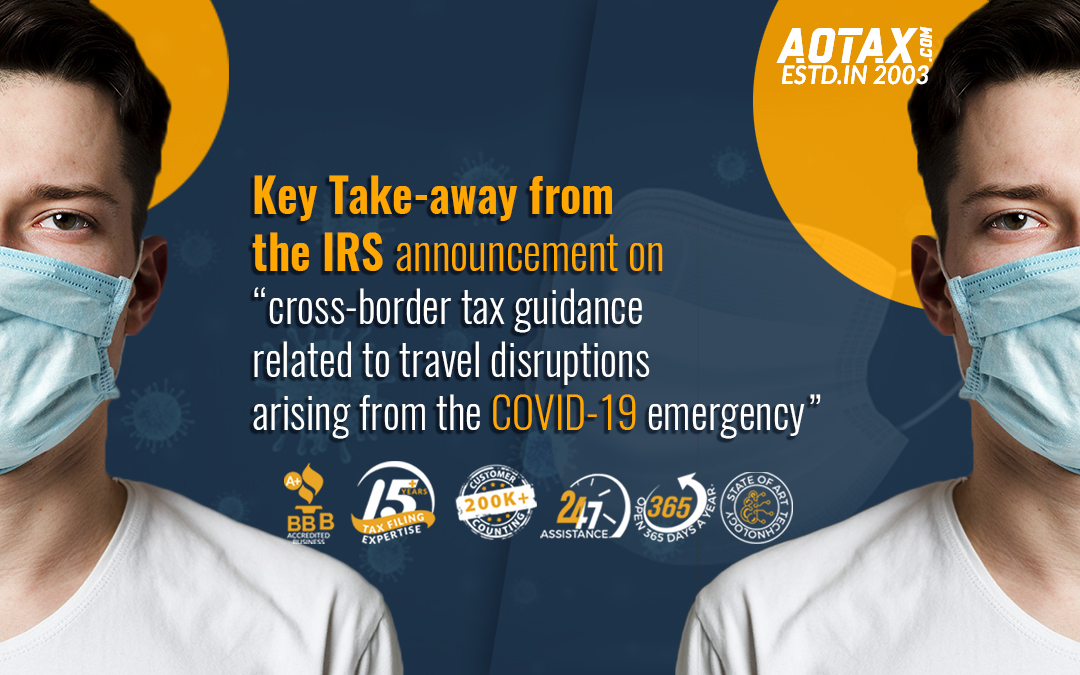
Key Take-away from the IRS’ announcement on “cross-border tax guidance related to travel disruptions arising from the COVID-19 emergency”
Key Take-away from the IRS’ announcement on “cross-border tax guidance related to travel disruptions arising from the COVID-19 emergency”
Due to huge adverse impacts being created by the outbreak of the pandemic COVID-19, social distancing and restrictions on the travel of people residing in the US have been imposed by the US Government. These restrictions imposed on the travel of the people residing in the US are sure to raise queries on the taxation policies and guidelines.
The IRS and the Treasury Department of the US have together issued tax guidelines which would help provide some relief to those people/businesses which have been impacted by these travel restrictions imposed due to COVID-19.
The major highlights of this tax guidance can be listed below.
- Revenue Procedure 2020-20
- Revenue Procedure 2020-27
- An FAQ
The Highlights Of This Tax Guidance
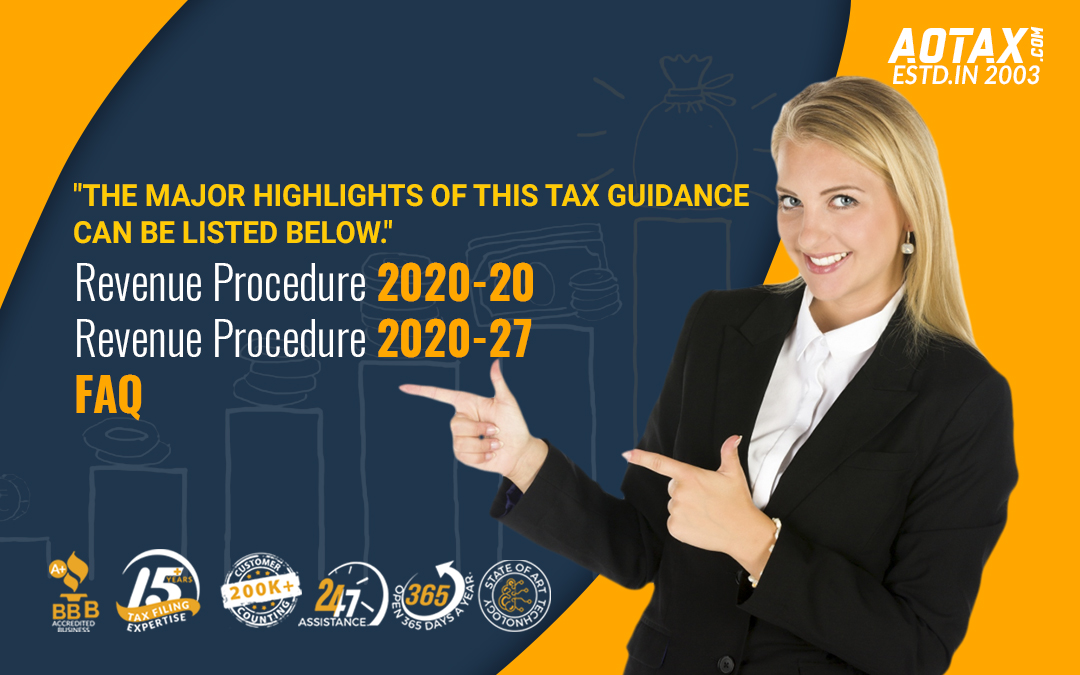
1.Revenue Procedure 2020-20
The Revenue Procedure 2020-20 provides the guidance that under specific circumstances up to a period of 60 consecutive calendar days of presence in the US due to travel disruptions caused because of COVID-19 would not be counted for determination of the US Tax Residency and for other purposes such as qualification for tax treaty benefits for income obtained from the personal services that have been performed in the US.
a.The pandemic COVID-19 has affected the travel plans of many foreign travelers who had planned to leave the US. Even though foreign travelers who test negative for COVID-19 are not being able to leave the US due to cancelation of flights, border closures, and other disruptions.
b.An alien individual would be considered as a US resident for a year under the substantial presence test in the calendar year if
- The individual has been present in the US on at least 31 days during the tested calendar year.
- The sum of the number of days of presence in the tested calendar year plus one-third of the number of days of presence in the previous calendar year plus one-sixth of the number of days of presence in the second preceding calendar year equal to 103 days or more.
c.Medical condition exception means an alien individual would not be considered as present in the US on those days when he intended to leave the US but was not able to do so due to serious medical condition which arose when the person was in the US.
d.Those individuals who are claiming the Medical Condition Exception need to file the Form 8843, Statement for Exempt Individuals and Individuals with a Medical Condition for filing Form 1040-NR. However, under certain circumstances, the need for timely file Form 8843 might be not taken into consideration.
e.The COVID-19 emergency would be considered as a Medical Condition Exception while determining his eligibility for treaty benefits and revenue procedures. For revenue procedure, an individual would be considered to have intended to leave the country unless he has applied for becoming a resident of the US. Also, for obtaining treaty benefits an individual would be presumed to be unable to leave the country during the period of COVID-19.
2.Revenue Procedure 2020-27
The IRS and the Department of Treasury have provided a waiver of the time requirements for revenue procedure and eligibility for treaty benefits. This Revenue procedure provides the qualification for being excluded from gross income under the IRC Section 911 and would not be impacted because of the days spent away from a foreign nation due to COVID-19.
a.A qualified individual can elect to exclude from the gross income of the individual’s foreign earned income and the housing cost amount.
b.The IRS and the Treasury Department have determined that the COVID-19 is an emergency. For IRC Section 911, an individual who had left China on/ after 1st December 2019, or any other foreign nation on/after 1st February 2020, but on/ before 15th July 2020, would be considered as a qualified individual concerning the period during which he was present in, or was a bona fide resident of, that foreign nation if the individual can establish an expectation that he would have met the requirements of the IRC Section 911 for COVID-19 emergency.
c.To qualify for relief for the revenue procedure, an individual must have been physically present, in the foreign nation on/ before the applicable date specified for this revenue procedure. An individual who was physically present or in China after 1st December 2019 or another foreign nation after 1st February 2020 would not be eligible to use this revenue procedure.
d.Individuals trying to qualify for the section 911 foreign earned income exclusion as they have been expected to be present in a foreign country for 330 days for the outbreak of COVID-19 and have met the other 4 requirements for qualification may use any 12 months to meet the qualified individual requirement.
3.FAQ
FAQ specifies that specific business activities which are conducted by foreign corporations or by a non-resident alien will not be considered in the 60 consecutive calendar days for determination if the individual or the business is engaged in some US business or has a permanent establishment in the US only if those business activities would not have been conducted in the US due to the travel disruptions caused due to COVID-19.
Hence, these tax guidelines framed by the IRS are also being continuously monitored by the IRS and the Treasury Department. Taxpayers can visit the IRS website and obtain further information related to this.
References
- https://www.irs.gov/newsroom/treasury-irs-announce-cross-border-tax-guidance-related-to-travel-disruptions-arising-from-the-covid-19-emergency
- https://www.orbitax.com/news/archive.php/U.S.-Treasury-and-IRS-Issue-Cr-41872



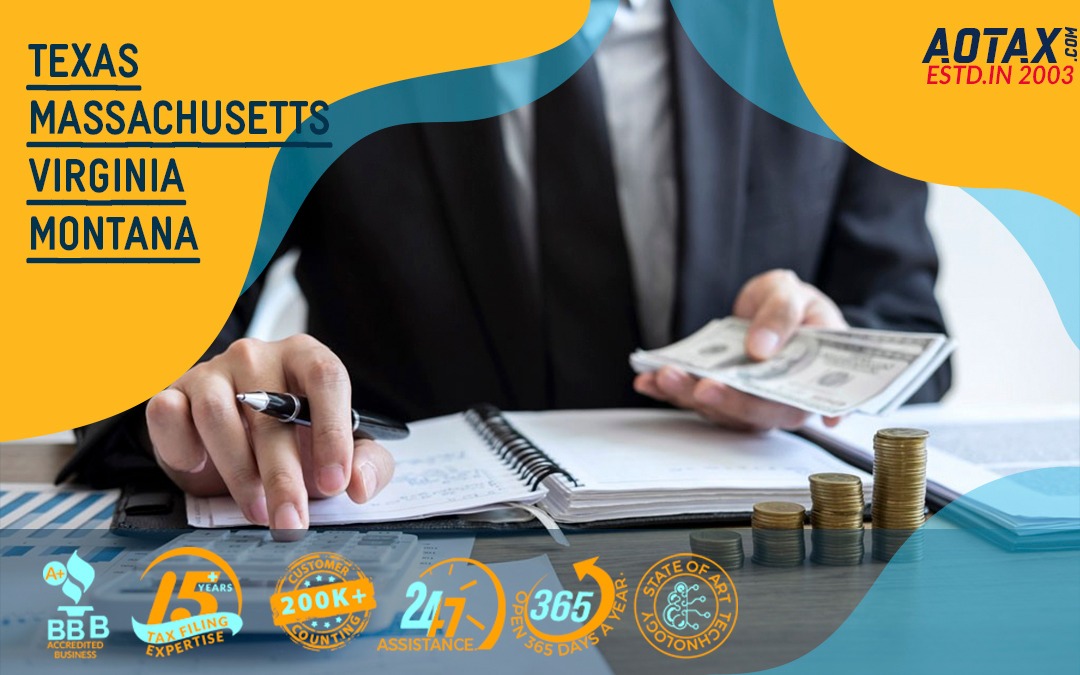



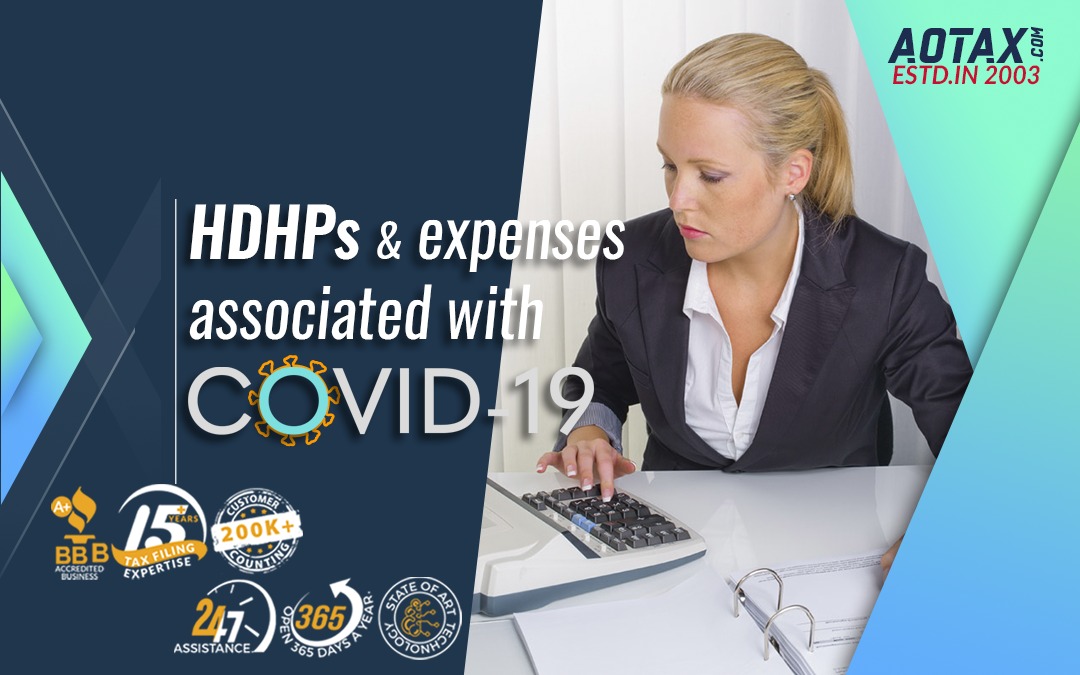
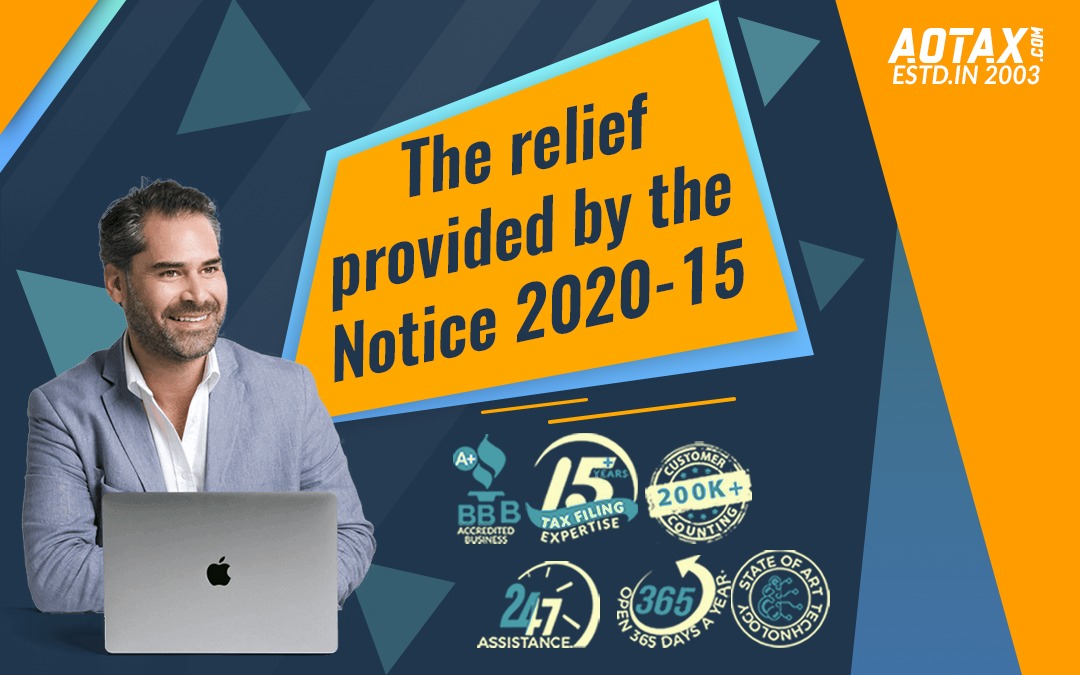

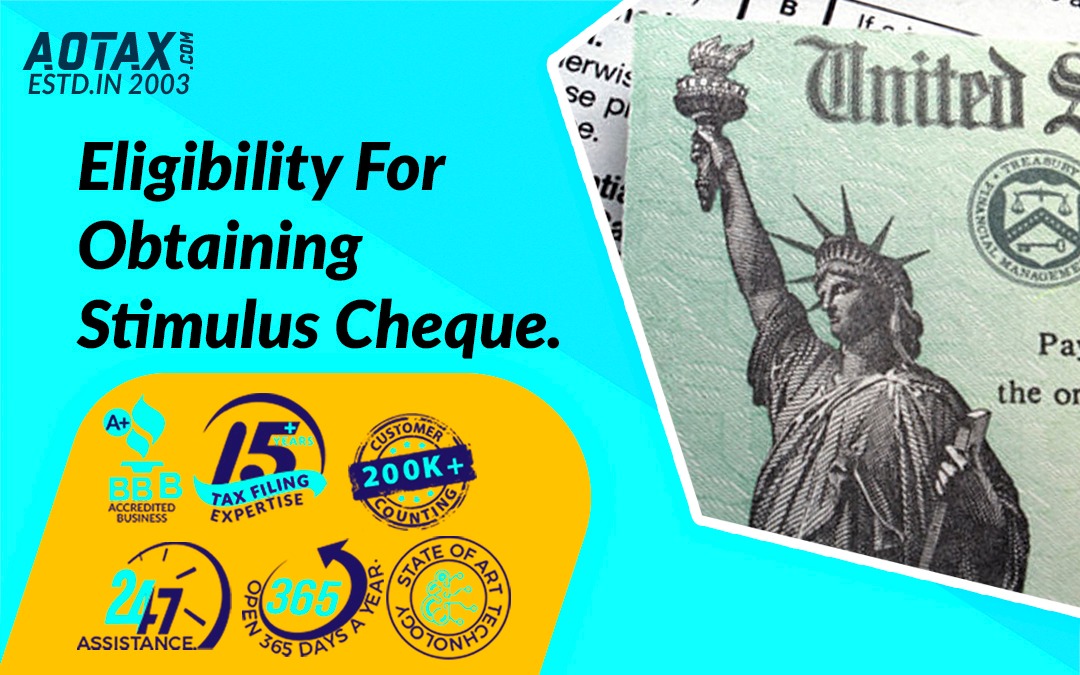
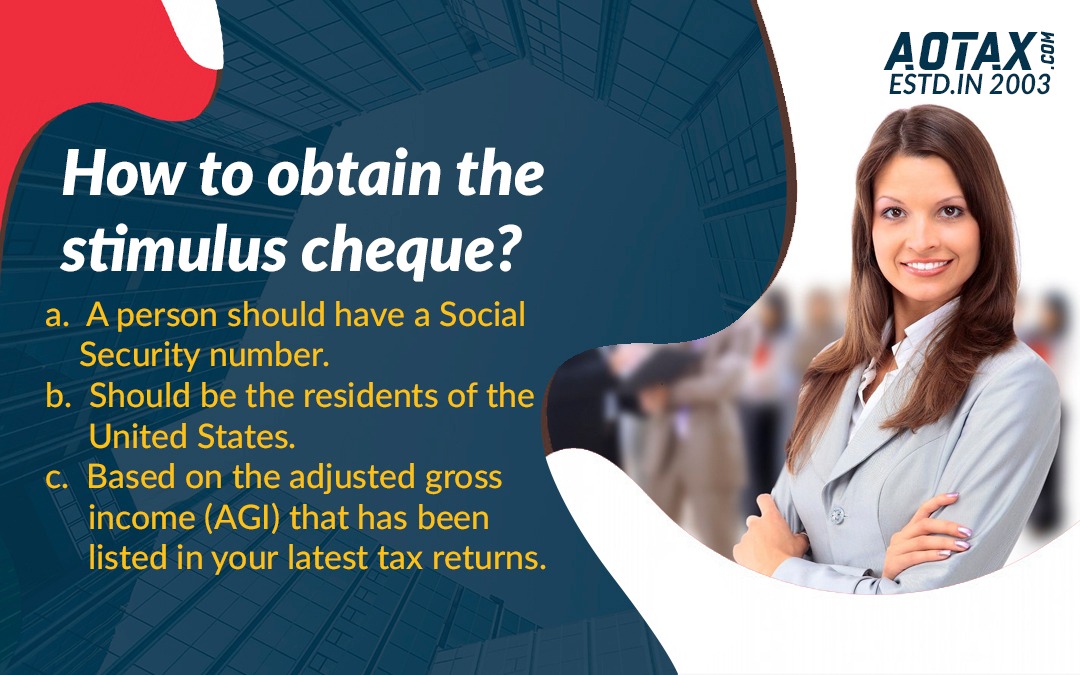
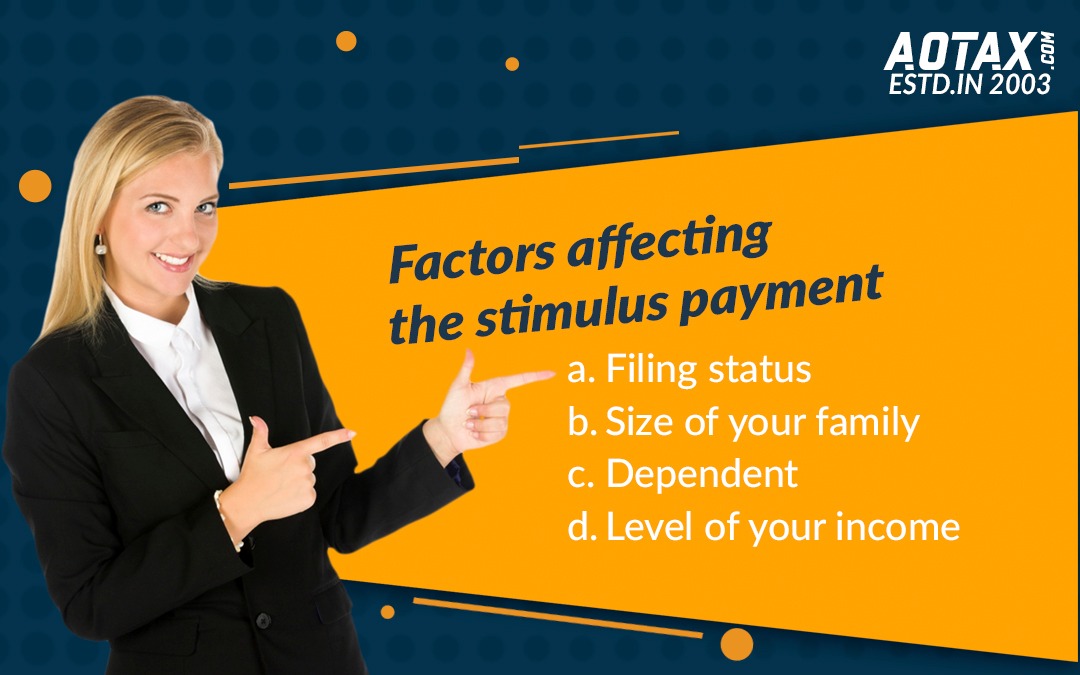

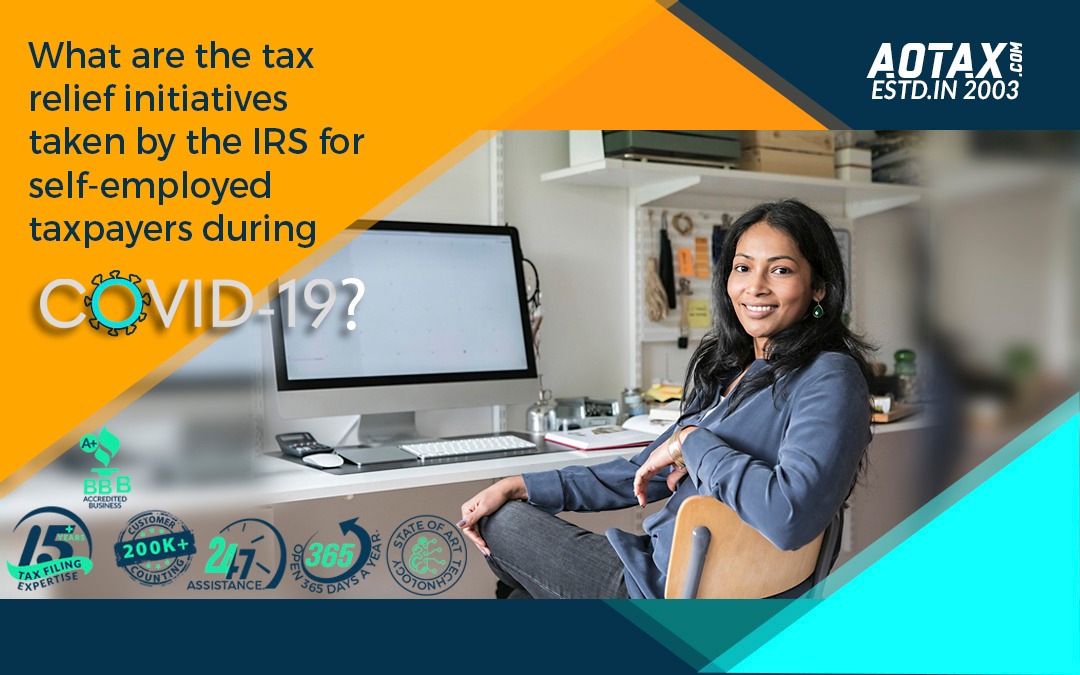
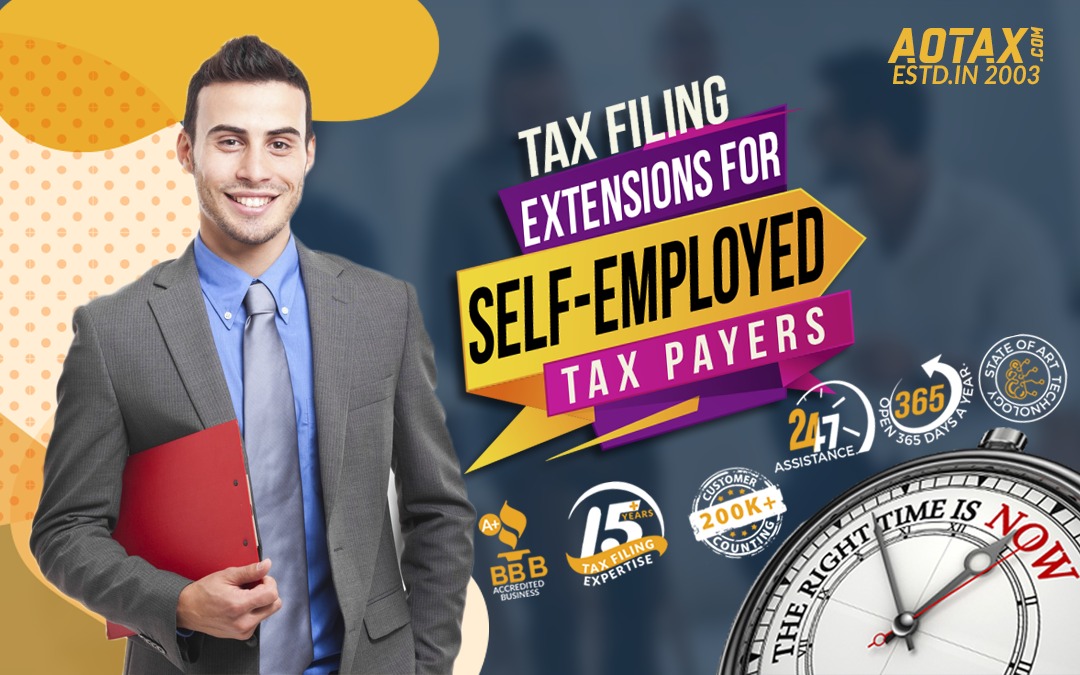


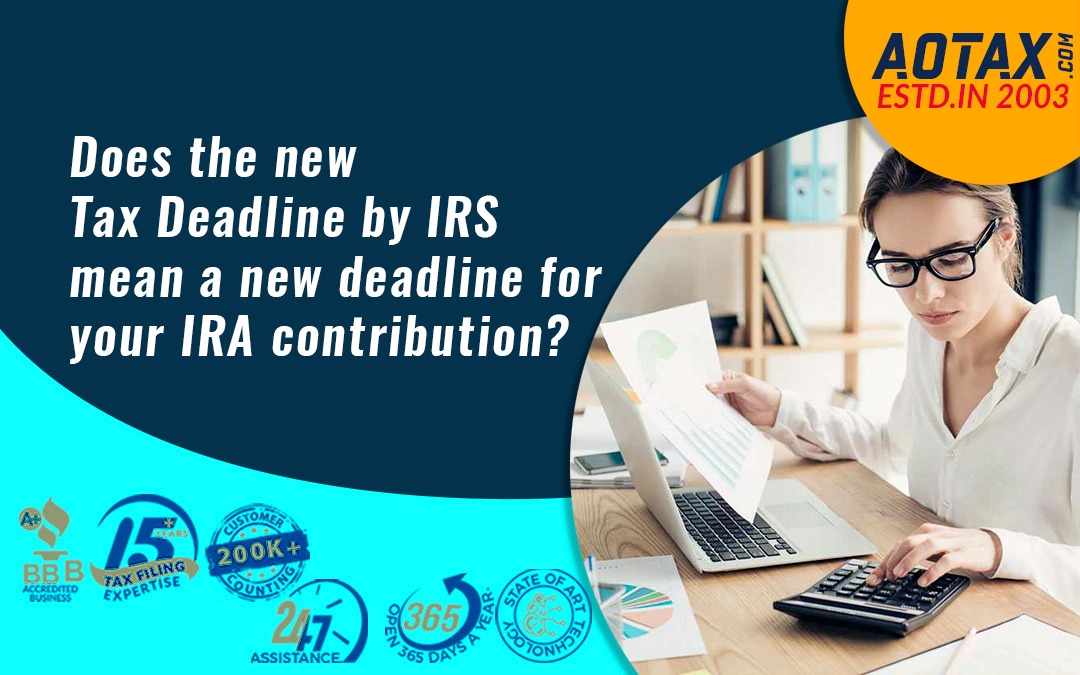

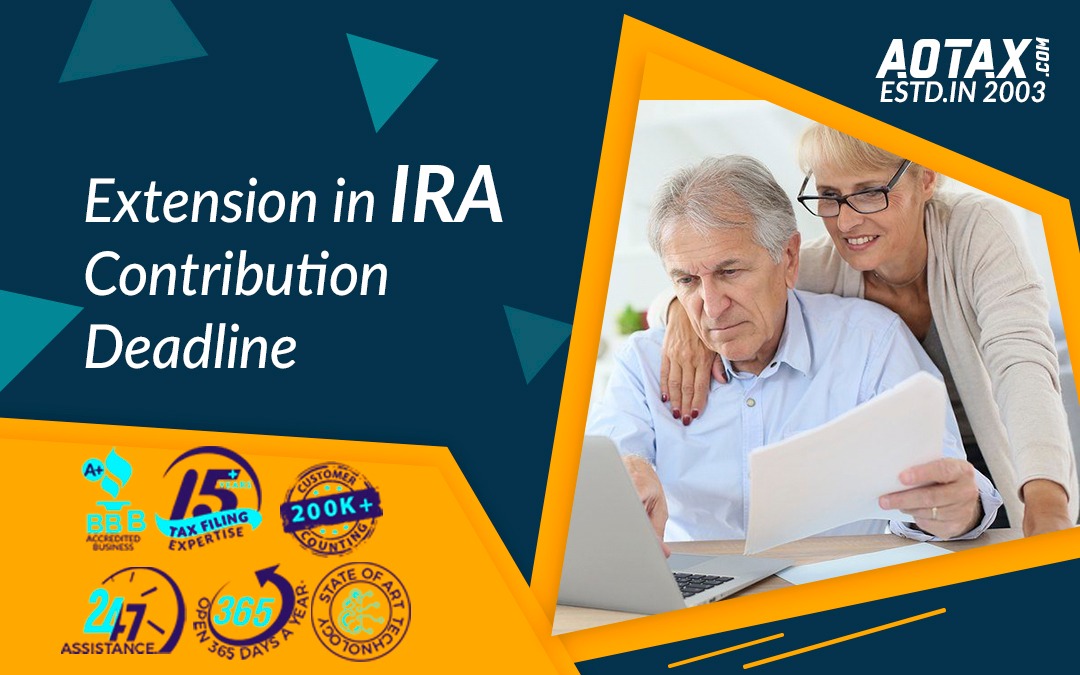
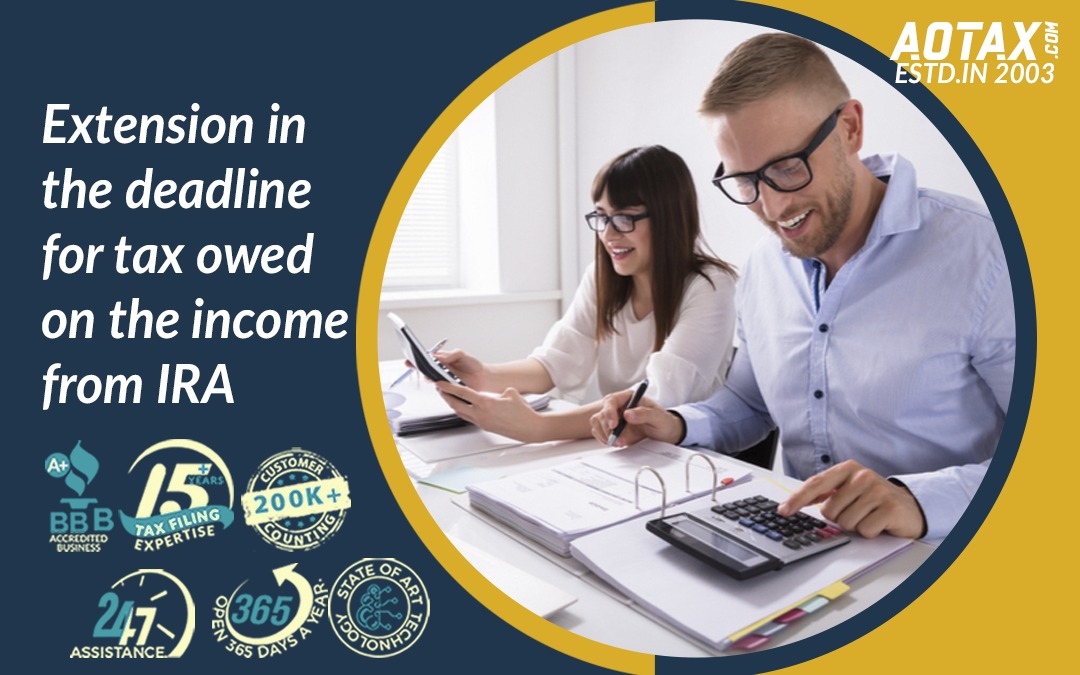
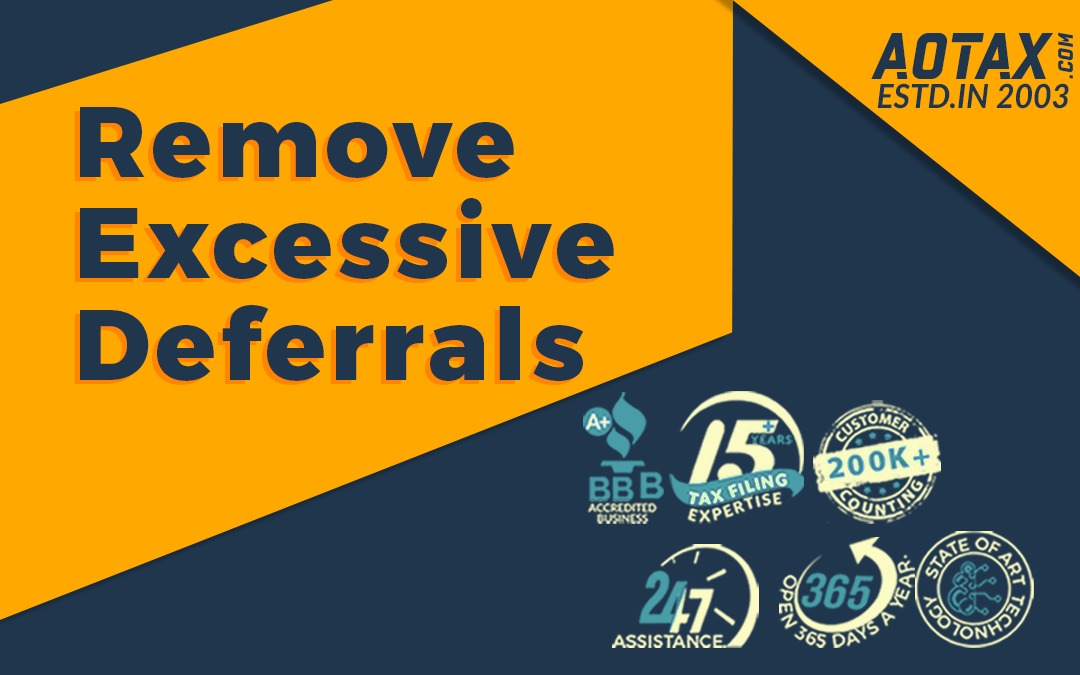
Recent Comments